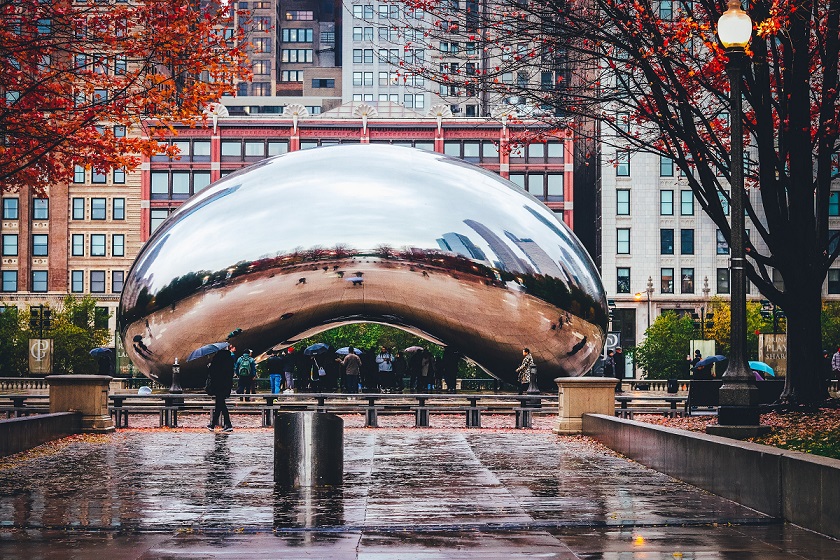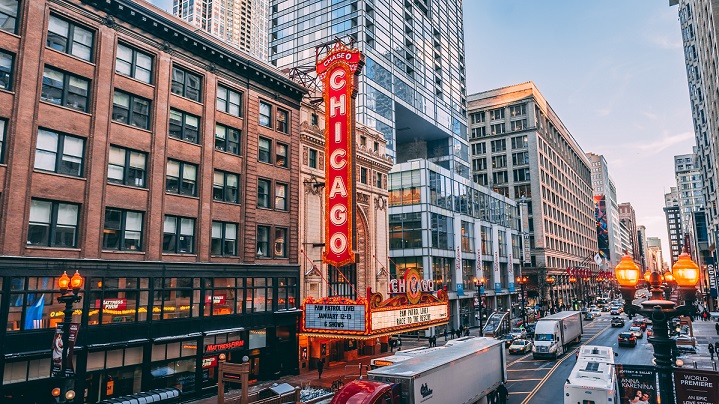Several Chicago area counties pursue litigation against opioid-dispensing pharmacies.
Nineteen Illinois counties have filed a lawsuit against some of the largest pharmacies chains in the nation, including Walgreens, CVS, Kroger, Meijer, Albertsons and Walmart, alleging they contributed to the opioid epidemic and overdose crisis by neglecting to properly monitor and report suspicious orders. The plaintiffs in the pharmacy lawsuit include all counties in the Chicago area except for Lake County, and the suit was filed in Cook County. A spokesperson for Lake County State’s Attorney Eric Rinehart said that the area is represented by a separate law firm and is considering pursuing its own case.
The counties allege the pharmacies “failed to design and operate systems to identify suspicious orders of prescription opioids, maintain effective controls against diversion and halt suspicious orders when they were identified, and instead actively contributed to the oversupply of such drugs and fueled an illegal secondary market,” according to court documents. The lawsuit states further that some of the chains “used performance metrics that encouraged pharmacists to fill prescriptions without questioning whether they were legitimate – a sign the companies put profits over safety.”

Jim Cohn, spokesperson for Deerfield-based Walgreens, responded, “As we have said throughout this process, we never manufactured or marketed opioids nor did we distribute them to the ‘pill mills,’ and internet pharmacies that fueled this crisis. We will continue to defend ourselves against the unjustified attacks of plaintiffs’ lawyers on the professionalism of our pharmacists, who are dedicated health care professionals that live and work in the communities they serve.”
In similar cases, attorneys for some of the chains (Walgreens, Kroger, and others) have argued that blame should be placed on doctors. The logic behind this is that doctors prescribe the medications, and the pharmacies simply follow doctors’ orders.
One of the plaintiffs, McHenry County State’s Attorney Patrick Kenneally, said the pharmacies, however, “like drug manufacturers and distributors, stood by while a flood of opioid pills caused a spike of addiction and overdoses.” Kenneally added, “They were supposed to be the sentinel at the end of this (distribution) chain that had an interest to make sure (opioids) were prescribed for a legal purpose. They failed to do that. As a result of that failure, they’ve got to be held responsible and help clean up this mess.”
In February of this year, Illinois announced a $760 million deal with three drug distributors and drugmaker Johnson & Johnson (J&J). Illinois Attorney General Kwame Raoul also announced tentative agreements in July with drug manufacturers Allergan and Teva Pharmaceuticals. Just a couple of weeks ago, he also announced a “significant victory” in yet another opioid-related case involving the manufacturer of Suboxone. Raoul and other attorneys general have said drugmaker, Indivior, “unlawfully blocked competitors from developing generic alternatives, leaving people to pay artificially high prices” to try to manage their recovery.
The current state complaint against Walgreens, Kroger, Meijer and others does not ask for a specific amount in damages, but rather, it includes estimates based on the impact the plaintiffs believe the crisis has had on Illinois.
In 2020, the last year for which the Centers for Disease Control and Prevention (CCDC) has data posted, only 143 million prescriptions were issued, which is significantly lower than when these prescriptions were at their peak eight years prior. Overdose deaths, however, have continued to be high, mostly, according to experts, due to illicit fentanyl, not pharmaceuticals. However, Dr. Daniel Ciccarone of the University of California San Francisco, argues “the phenomena are related.”
“What would have happened in the absence of the opioid pill oversupply?” Ciccarone said. “My expert opinion would be none of the (successive waves) would have happened or would have happened in a much more minor way.”
Sources:
Chicago-area counties sue pharmacy chains for allegedly feeding opioid crisis
19 Illinois counties sue major drugstore chains, accuse them of helping cause the opioid crisis


Join the conversation!